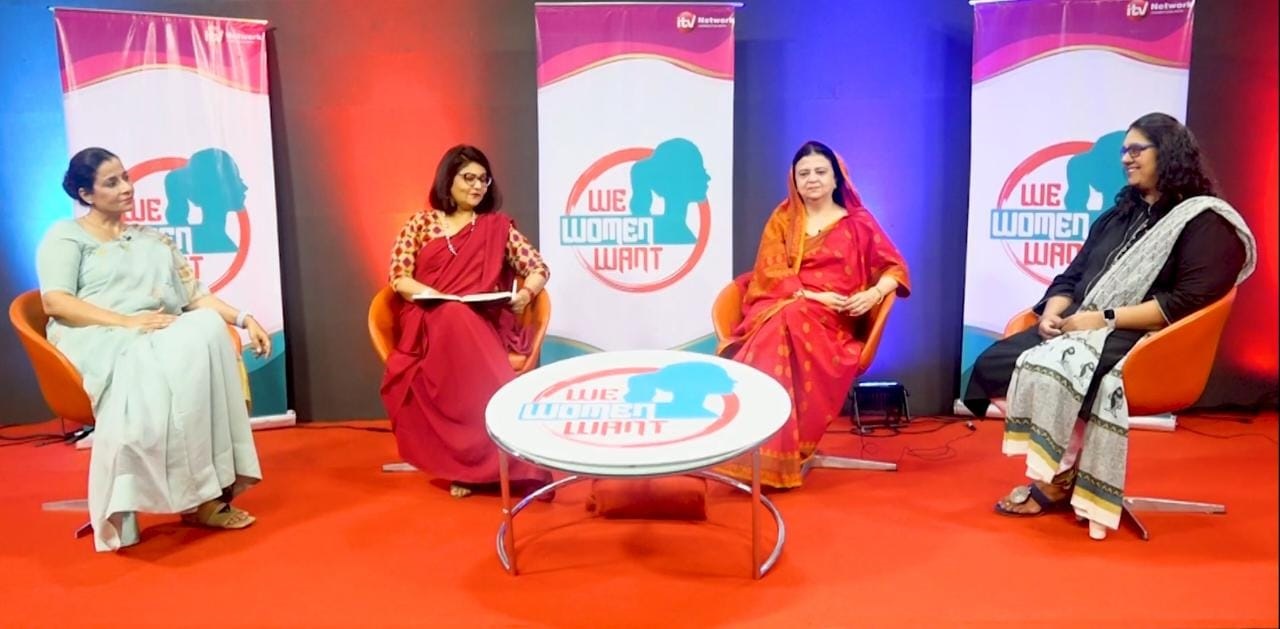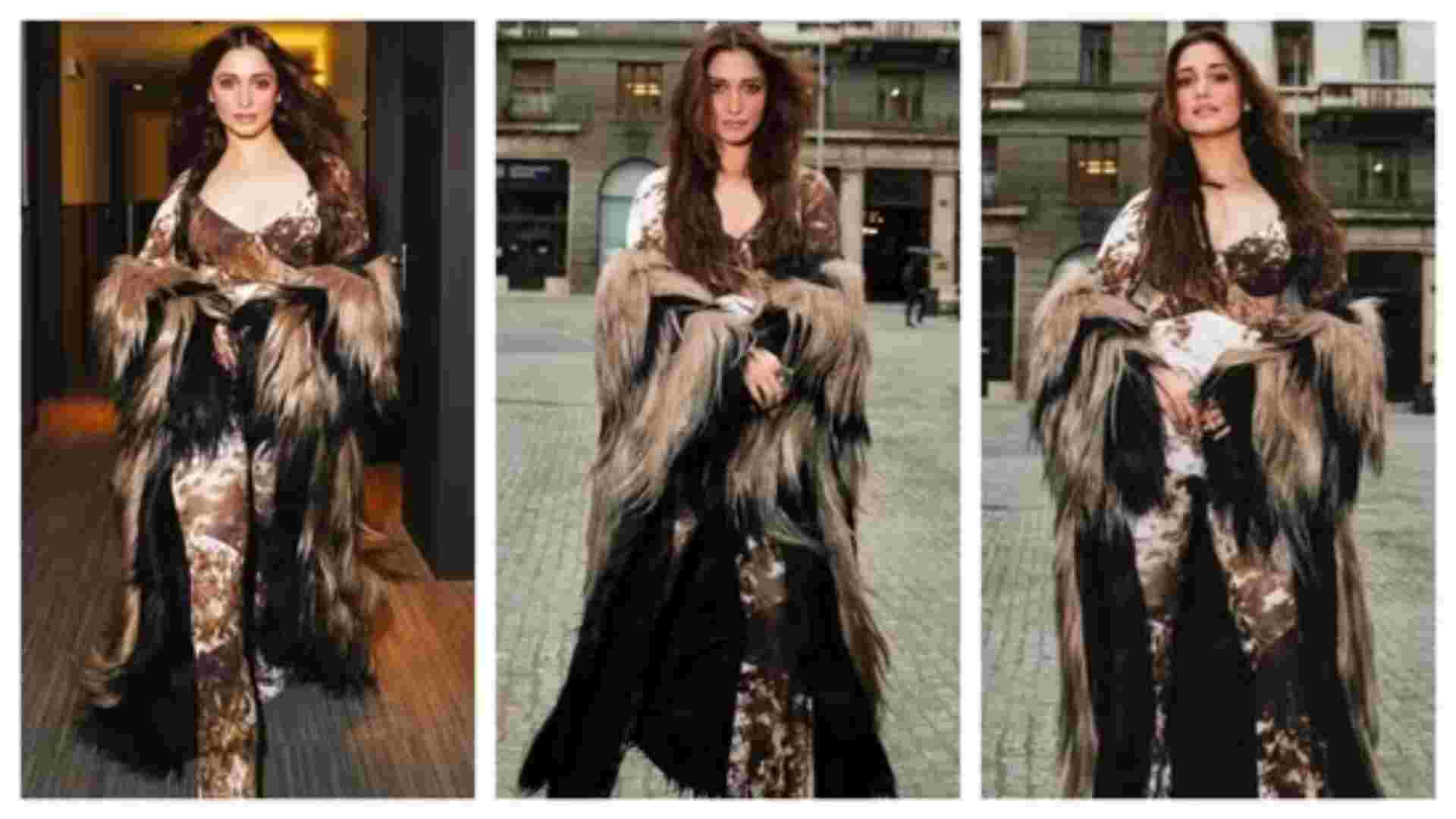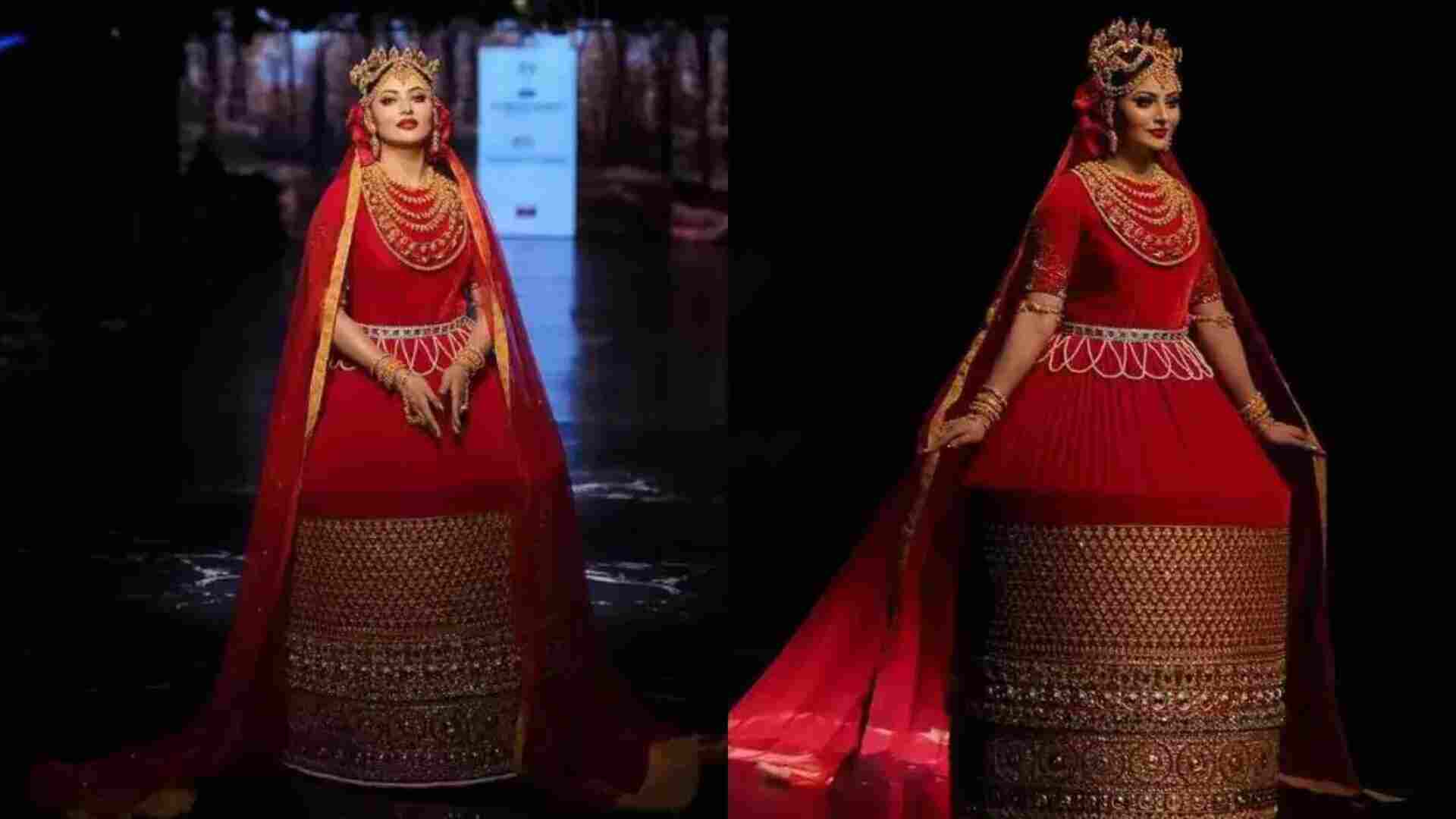
Q. Dr. Farah, the role of a woman as a nurturer, how do you see it?
A. These are typical stereotyped expectations, moral or emotional from a woman, but playing this role is at times very taxing for a woman, especially when she has decided to work, become independent, that too in fields that are male dominated. Unfortunately, this is neither appreciated nor acknowledged, nor supported by the people. I think they need more appreciation and mental support from their counterparts to make it less taxing.
Q. We have working women tell us that mother -in –laws say that doesn’t matter if you bring an extra financial packet to the table. All they’re concerned about is house chores.
A. These are gender divided roles. Women have always been taken for granted. Today we believe in gender parity. There’s nothing which a man cannot do. But, these are the things which are expected out of women. Women have taken extra baggages of everything around them because they want a peaceful environment around them.
Q. What is the emotional impact on women for taking these dual roles?
A. I think women in our culture are raised to come up to other people’s expectation and thereby they just become natural nurturers. Though, it needs to be clarified that nurture is a characteristic of being human and there are men also who can be nurturing. Nurture is a muscle, the more you build it the more you enhance it. About the consequence, it does lead to a burnout eventually. By the time women reach mid-age, the word ‘nurture’ triggers them. They don’t want to do anything about nurture anymore.
Q. There is a stereotype burden on men too. Whether they like it or not, they have to bring in the paycheck. What is your take on this?
A. Absolutely, there is a lot of pressure because they have to take the main responsibility of earning. Similarly, is the role of women stereotyped as caretakers. But when the woman is going out to share financial load of the man, nothing should stop them from changing their attitude too.
Q. We did a show with young girls just stepping out on their professional life and asked them what their priority was. All of them first said career, second children through IVF or surrogacy and third husband or marriage. So are the priorities also changing?
A. Yes, I also find that there are emotional repercussions to the choices that we have been making in the past and that men feel left out because when women is the biological mother and the primary caregiver to the child there is obviously more definition and nuances of love with the mother for the children and with time men very often feel left out and it is regardless of gender. It is the dynamic of the relational space that exhibits itself with the nurture being provided more single sourced than the other sourced.
Q. Does this information help while recruiting for jobs that you are usually done by men?
A. It again a matter of perception. Women use emotions to understand the requirement of other people, whereas men think that emotion is a weakness. So they completely become analytical and practical and realistic. So they become a little disconnected with the subordinates and with the colleagues and with the bosses
Q. Dr.Vimal, final words on this, the role of emotions?
A. It’s important to clarify that emotions are regardless of gender. I feel that there is a difference between what we feel genuinely, and what we express, and then, and also what we project. Because I think the projection of emotion comes from what is acceptable as a social norm. And when we project, there is, there is a plethora of strategy and strategic alliances that happen when we start to project and, you know, and intermingle.
So what is more important is that one must learn to identify their emotions, accept them realistically and then choose the right way of expression. Many a times we think something. We feel something else, and we act to behave a project in a different way. When we are able to align these three things, then we can be true to ourselves.














